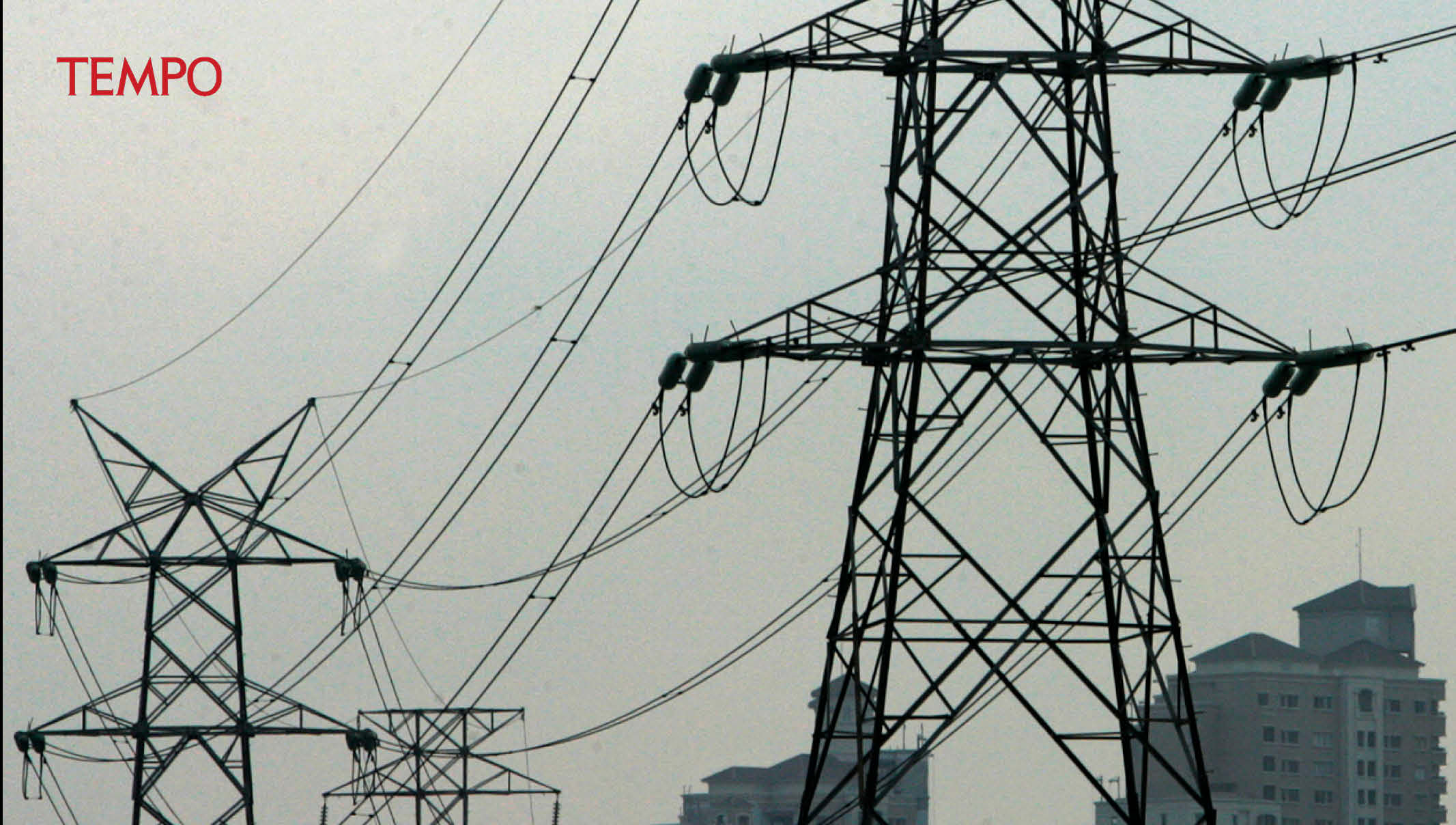It is Time to Forget Jokowi
The PDI-P should distance itself from the Prabowo factor in the regional head elections and also refuse to enter into coalition with Prabowo. For the sake of democracy.
Tempo
September 16, 2024

IF Prabowo Subianto had said that he would not intervene in the regional head elections before Constitutional Court ruling No. 70/2024, he might have been referred to as a statesman. The president-elect only expressed his stance after the constitutional justices ruled that the minimum age for candidates standing for regional head in the Regional Head Election Law is 30 years old at the time of registration with the General Election Commission (KPU).
This ruling, passed on August 20, ended any hope that Kaesang Pangarep, President Jokowi’s youngest son, had of running for governor in any region. Kaesang will only be 30 at the time of the inauguration of regional heads next February. Therefore, this ruling lopped off a new branch of the Jokowi political dynasty, after his oldest son was elected to the vice-presidency, his son-in-law became governor of North Sumatra and a number of his adjutants ran in elections for regent or mayor.
Not long after the Constitutional Court ruling, Prabowo allowed members of his Gerindra Party to try to hobble this ruling by drawing up a new Regional Head Election Law in the House of Representatives (DPR). This endeavor to annul the ruling attracted public opposition in the form of demonstrations in various regions.
A plenary session of the DPR on August 22 failed to pass this new law because it did not achieve a quorum. The KPU decision on regional head elections was based on this Constitutional Court ruling, including the threshold for votes necessary for proposing regional head candidates. Thanks to this ruling, the Indonesian Democratic Party of Struggle (PDI-P) was able to nominate the Pramono Anung-Rano Karno pairing in the Jakarta gubernatorial election.
This Constitutional Court ruling also foiled the plans of the Indonesia Onward Coalition plus the Justice and Prosperity Party (PKS), which wanted to monopolize the regional head elections. They nominated Ridwan Kamil and Suswono, planning to either make them the sole candidate pairing, or produce a puppet candidate without a party. Now the candidate from KIM Plus, the group of parties supporting Jokowi and Prabowo, will have a real opponent from the PDI-P.
In the national meeting of the Gerindra Party at the Gelora Bung Karno stadium on August 31, Prabowo said that competition in elections was a good thing because the people would have many options. This statement, which referred to the Jakarta regional head election, could be read as a pragmatic stance from Prabowo after the DPR failed to annul the Constitutional Court ruling. Another possibility is that Prabowo wants to embrace the PDI-P and at the same time indicate a clear break with Jokowi, who is in conflict with the party headed by Megawati Sukarnoputri.
It is understandable that Prabowo wants to distance himself from Jokowi. The negative public sentiment toward Jokowi resulting from his damaging democracy and forcing the establishment of a family political dynasty will be a burden on the next administration. After all, Jokowi will retire on October 20, and will be expelled from the PDI-P. After that date, he will no longer have a political power base.
Therefore, Pramono Anung’s move asking for Jokowi’s blessing to stand in the Jakarta gubernatorial election deserves criticism. Since Jokowi will no longer be relevant when the election takes place, the President has a record of not remaining neutral in last February’s presidential election. Furthermore, he is responsible for the deployment of civil servants and forcing through social assistance funds, all to bring about the victory of Prabowo, who ran alongside his son, Gibran Rakabuming Raka.
For the PDI-P, distancing itself from Jokowi could improve its electoral fortunes. In a number of opinion polls, voters in Jakarta rated Anies Baswedan more highly than any other candidate. Anies is considered as an opponent of Jokowi and Prabowo. Therefore, instead of obtaining support from Jokowi or Prabowo, it would be better for the PDI-P to exploit the negative public sentiment towards the two men supporting Ridwan-Suswono.
This way, democracy could be saved, the grand Jokowi-Prabowo coalition would have an equal counterweight, and the principle of checks and balances would continue.
As the winners of the 2024 legislative election with 25.4 million votes, or 16.7 percent, the PDI-P could become the opposition to the Prabowo administration. If the PDI-P is tempted to welcome an offer from the president-elect to join the government, Indonesian democracy will once again be under threat. Without strong opposition, the political pendulum will simply swing from Jokowi to Prabowo.
